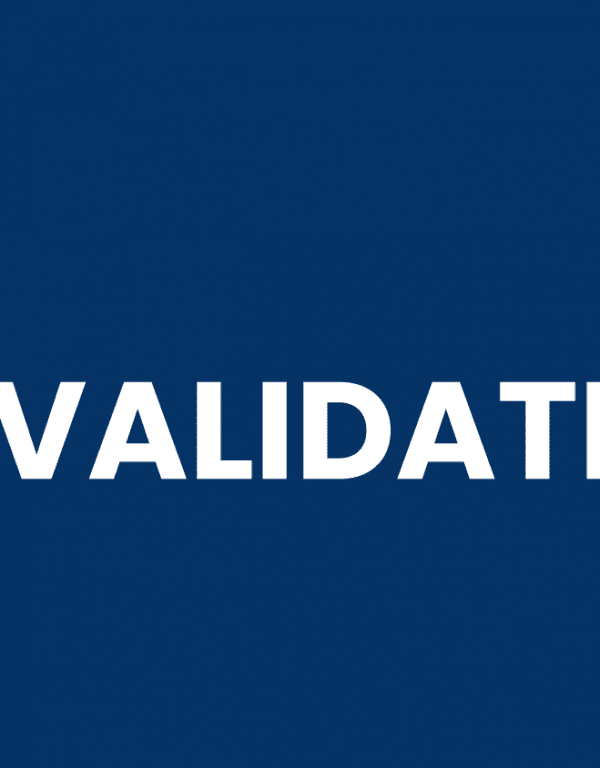I generally don’t talk about my politics in the workplace. If I do discuss politics, it’s generally to discuss lessons learned that can be applied to a client. There are campaigns that handle social media well while others are still not “getting it.”
For example, there are some that embrace new platforms — both Mitt and Ann Romney use Instagram (Mitt has 61 photos and 84,000 followers while Ann has 33 photos and 9,658 followers) while Barack Obama may not have an Instagram account. (There is an account called Obama2012 that has 15,000 followers and 12 photos but it says, “This account for campaign Barrack (sic) Obama on 2012,” so I don’t think it is officially connected to the actual president.) So the question I ask is: what can we learn about the use of Instragram as part of a communications campaign?
Meanwhile, Ann Romney has 14,052 followers on Pinterest based on 175 pins and Mitt, who uses Photostream has 636 followers on Pinterest and 79 pins. By contrast, Michelle Obama has 45,345 followers on Pinterest and 80 pins while Barack Obama has 36,034 followers on Pinterest and 238 pins.
I realize some observations may not lead to lessons learned but I’ve always felt asking questions is an important way to learn. (I realize that candidates wives are often viewed more favorably than their husbands but I’m not sure how to apply that insight to our B2B clients, yet.)
On Monday, a business acquaintance blasted an email out to his list explaining why he would be voting for a particular candidate. I tweeted that it’s not so much his politics I minded as that I didn’t ask him. I guess it comes down, for me, to having a don’t ask, don’t tell approach to politics.
I don’t really want to know.
However, that changes if a client, colleague or business partner espoused hateful hateful ideology or said something racist, homophobic or anti-Semitic. At that point, you have to take a stand.
In the meantime, check out this Wall St. Journal article, Big Bet 6 Months Ago Paved Way for President. Whatever your politics, this article makes the case for defining your competition early.



